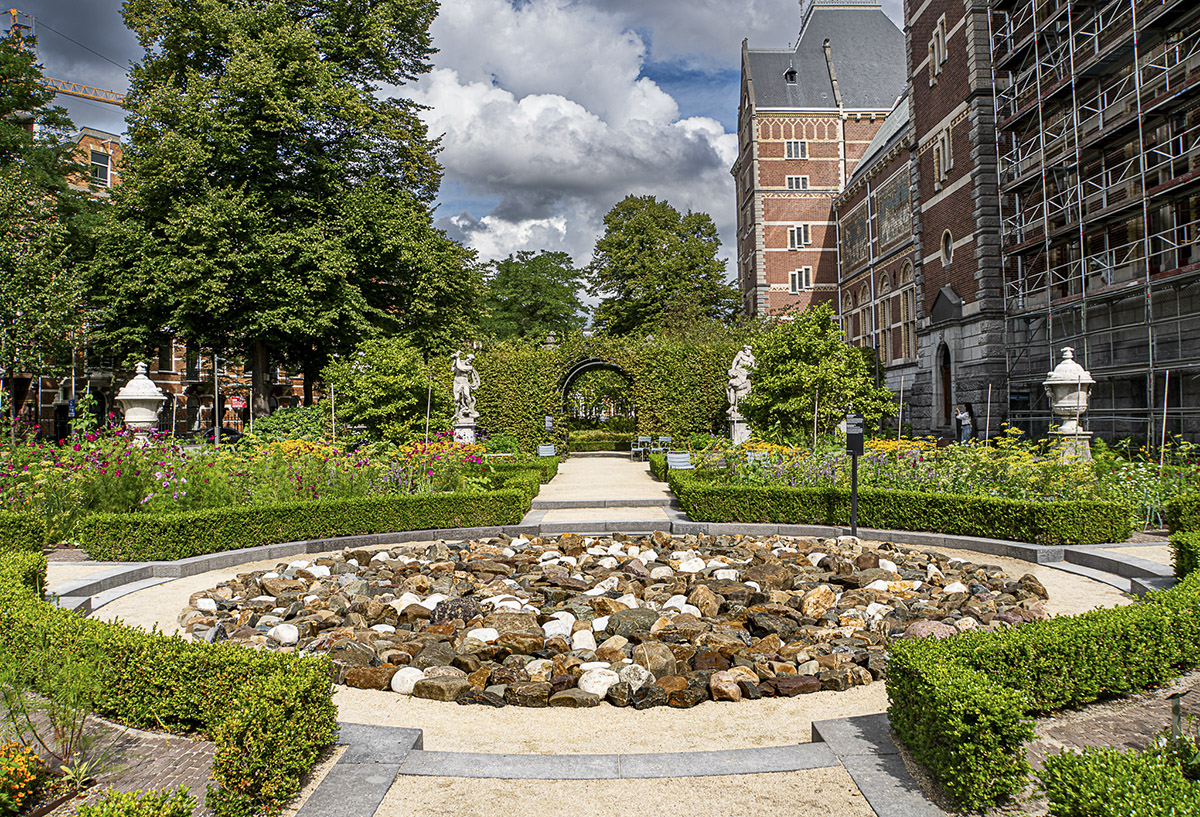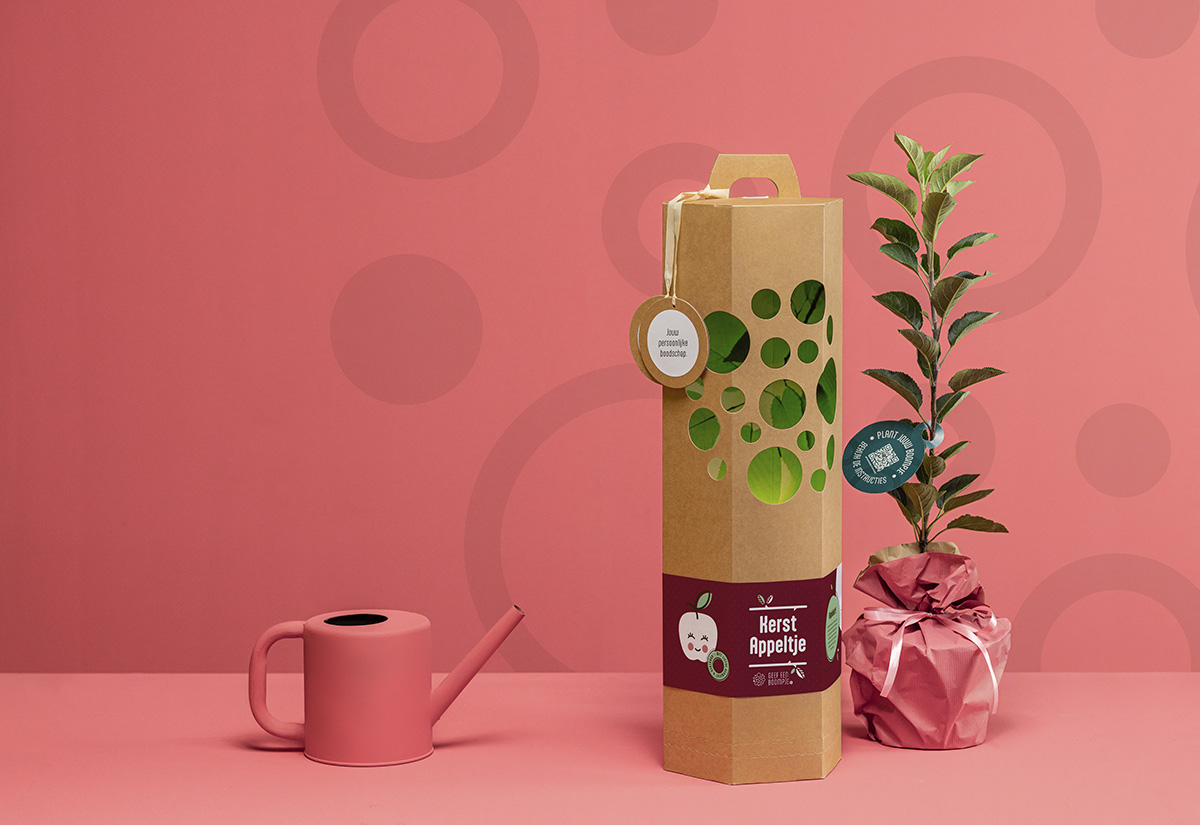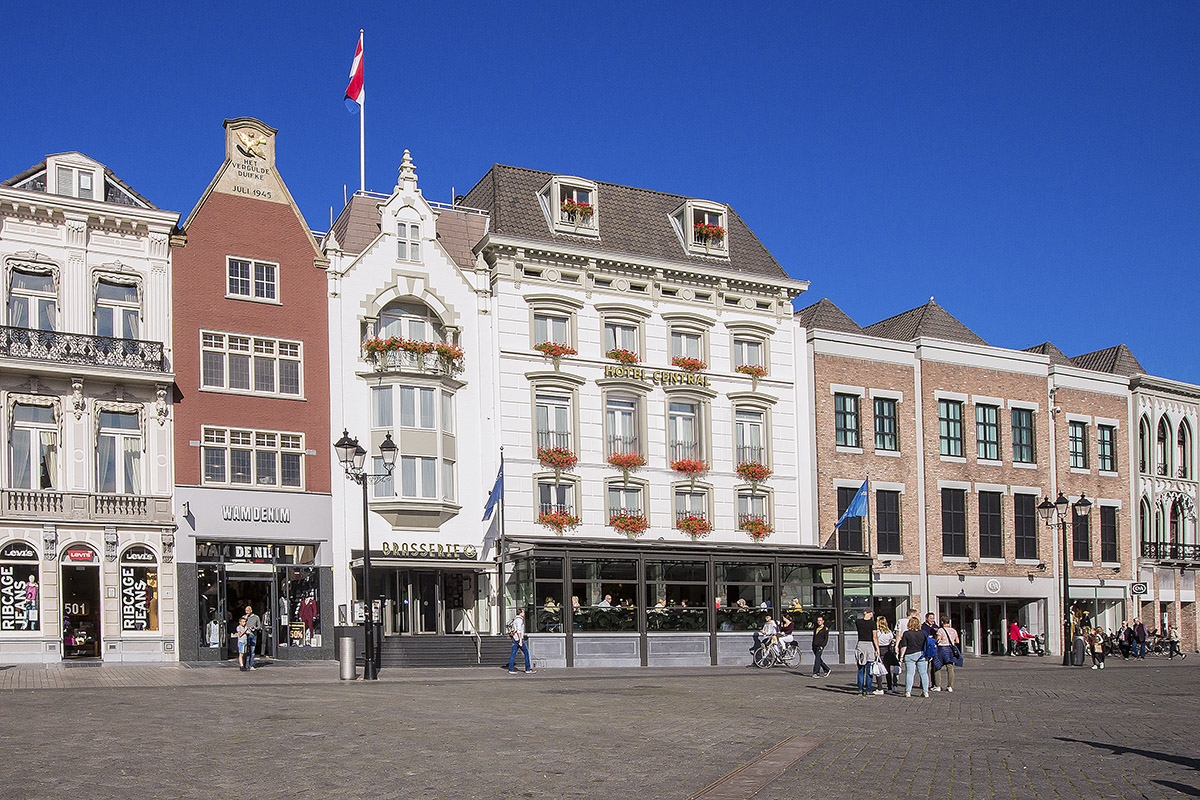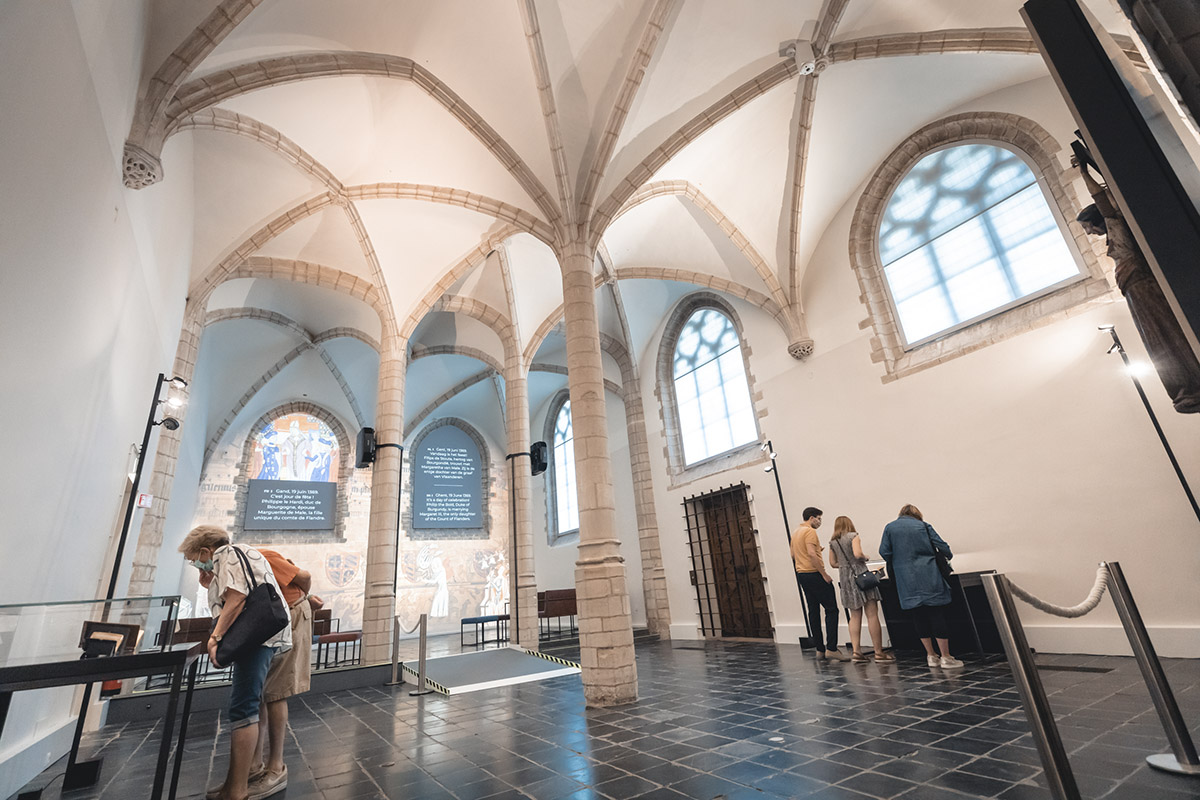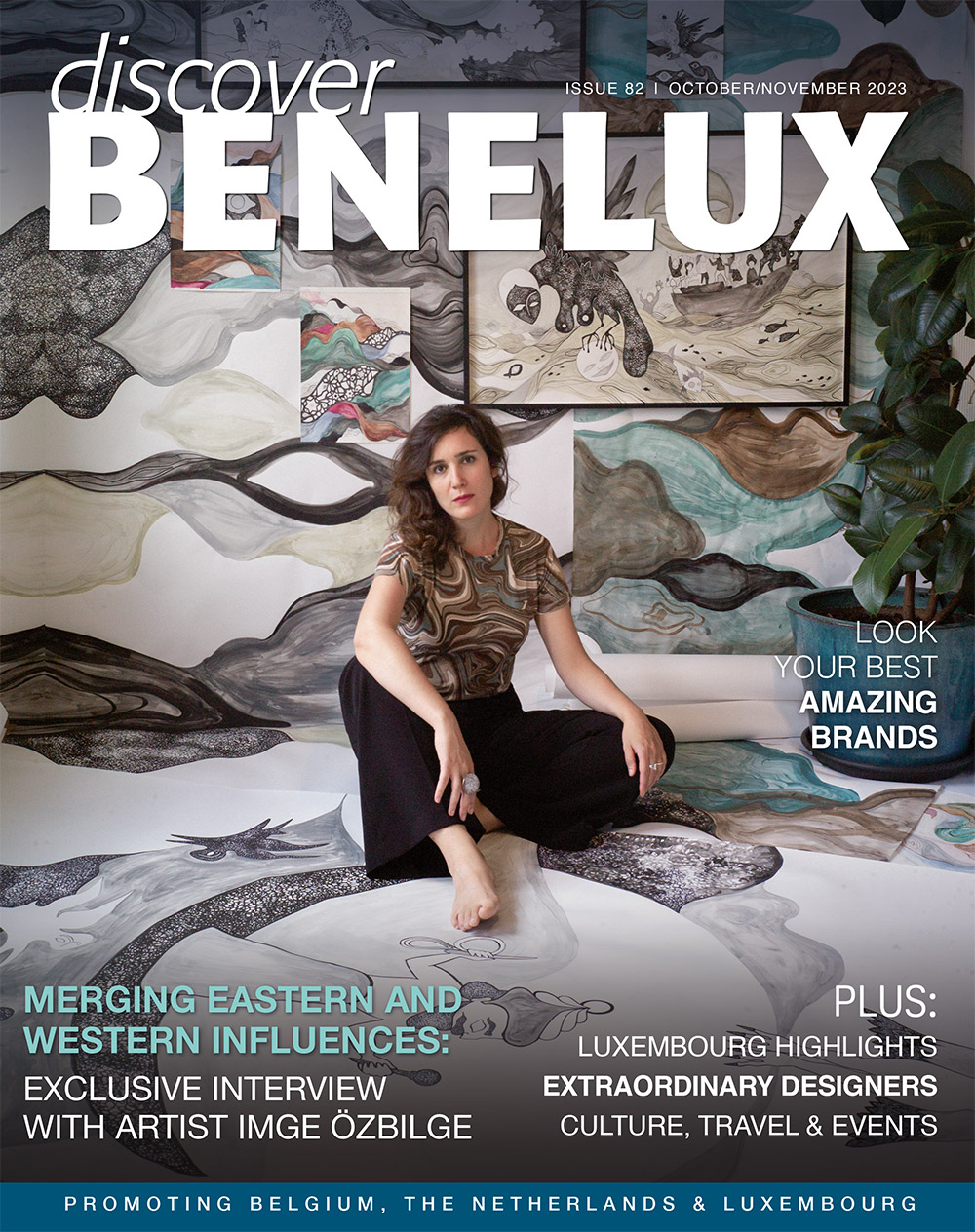JORIK HENDRICKX: Finding balance in life
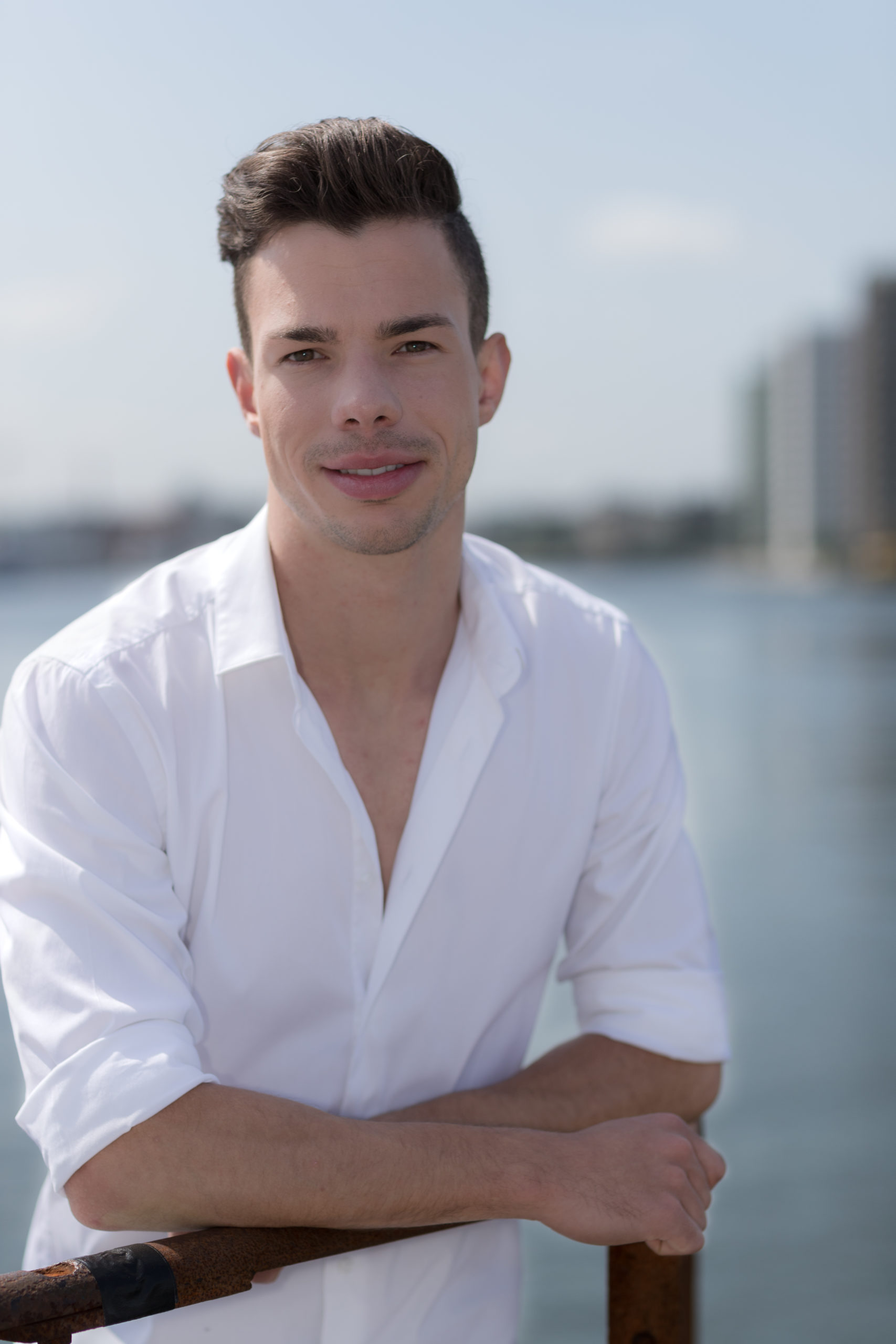
Belgian figure-skating champion Jorik Hendrickx is well experienced despite his young age. The talented athlete has been competing internationally for many years, including two Winter Olympics. Here, he talks to us about facing challenges such as recovering from injuries and beating social isolation, and the importance of having a plan B.
Having competed on an international level for nine years, Jorik Hendrickx is one of the most experienced in figure skating. He is a multiple Belgian national champion, has placed in the top ten at four European Championships, and represented Belgium at the Winter Olympics both in Sochi 2014 and earlier this year in PyeongChang. Clearly, this is an ambitious and talented athlete.
Born in 1992 in Arendonk with two older brothers who played hockey, Jorik wanted to follow suit and join them at the local ice-hockey rink. He took figure skating classes at the Nieuw Olympia Turnhout club when he was five years old, in order to learn the basics of ice skating, and loved the sport so much that he ended up staying. From the age of ten, he was trained by Carine Herrygers, who is still his coach today.
Not surprisingly, Jorik describes himself as a perfectionist. “Good just isn’t good enough,” he says, and continues: “I’m always trying to improve, and that has also transpired to my personal life. But sometimes that ambition can take the pleasure away. It’s good to progress but you have to allow yourself to be happy as well, to get energy from other things in life and not pull yourself down.”
Everything has a price
As Jorik implies, ambition and dedication can have a high price. Like many other athletes who are training hard and competing internationally, he has had some major setbacks due to injuries. “The sport is healthy overall but, on such a high level, it takes a lot of training which adds pressure on the body — for instance, when jumping and landing hard on the ice. Some of the younger skaters do crazy things on the ice, really technically advanced, but they often get injured. People come and go very fast in this sport.”
To help recover and build strength, Jorik started working with a personal coach some years ago to make him stronger off the ice also. “It’s important to listen to your body. You want to push through the pain but sometimes it’s better to step back and listen. The balance between training hard and recovering is important.”
Many athletes also have a particular lifestyle, often facing long periods of social isolation. “Training and competing like this requires focus. When everything is going well, I tend to enter a certain zone and don’t feel alone. But when things are not going so well, it becomes harder. After knee surgery, I doubted if I would ever be able to compete on the same level again. I didn’t have a lot of people to talk to – and I didn’t know how to ask for help,” he admits. “It was a dark period in my life, filled with uncertainty. I had no future ready for myself, no plan B.”
Creating a plan B
To overcome this isolation from the outside world and take back some controlin his life, Jorik decided to do a degree
in sports marketing at Johan Cruijff, a university for high performance athletes in Tilburg. “This is where I found thebalance between figure skating and life,” he says. “And that actually made me climb higher in international competitions and world ranking.”
“The sport has taught me a lot about my personal life,” Jorkik elaborates. “If I have to quit figure skating now, I’m more ready. I have a university degree and I have my own apartment. For me, it has become important to have that stable base.” Also, Jorik’s social bonds are stronger; “Family and friends are crucial. You know, it’s not that bad to ask someone for help.” Earlier this year, Jorik also talked openly about coming out as gay. “I’m very comfortable talking about this now and I can see how sharing my story can have an impact and inspire others who might be struggling.”
Loena, Jorik’s younger sister, is also a talented figure skater and they went to the Winter Olympics in PyeongChang together. “It was a dream come true,” smiles Jorik. “We have both been injured a few times but we have been able to help each other get through the hard times, as a team. It’s an incredible feeling and adds another dimension to be at the Winter Olympics with your sister. It still gives me goosebumps.”
So what is next on the agenda for this sportsman? “I have achieved a lot ofgoals in my sports career so far,” he says. “I have won several international medals, competed at the European and World Championships, and been to the Winter Olympics twice. Next, my main focus is on improving my results at the European Championships in January and make it to the podium.” But evidently still grounded, Jorik admits; “I still want to skate, but I’m also ready for the future.”
TEXT: MALIN NORMAN
Subscribe to Our Newsletter
Receive our monthly newsletter by email
